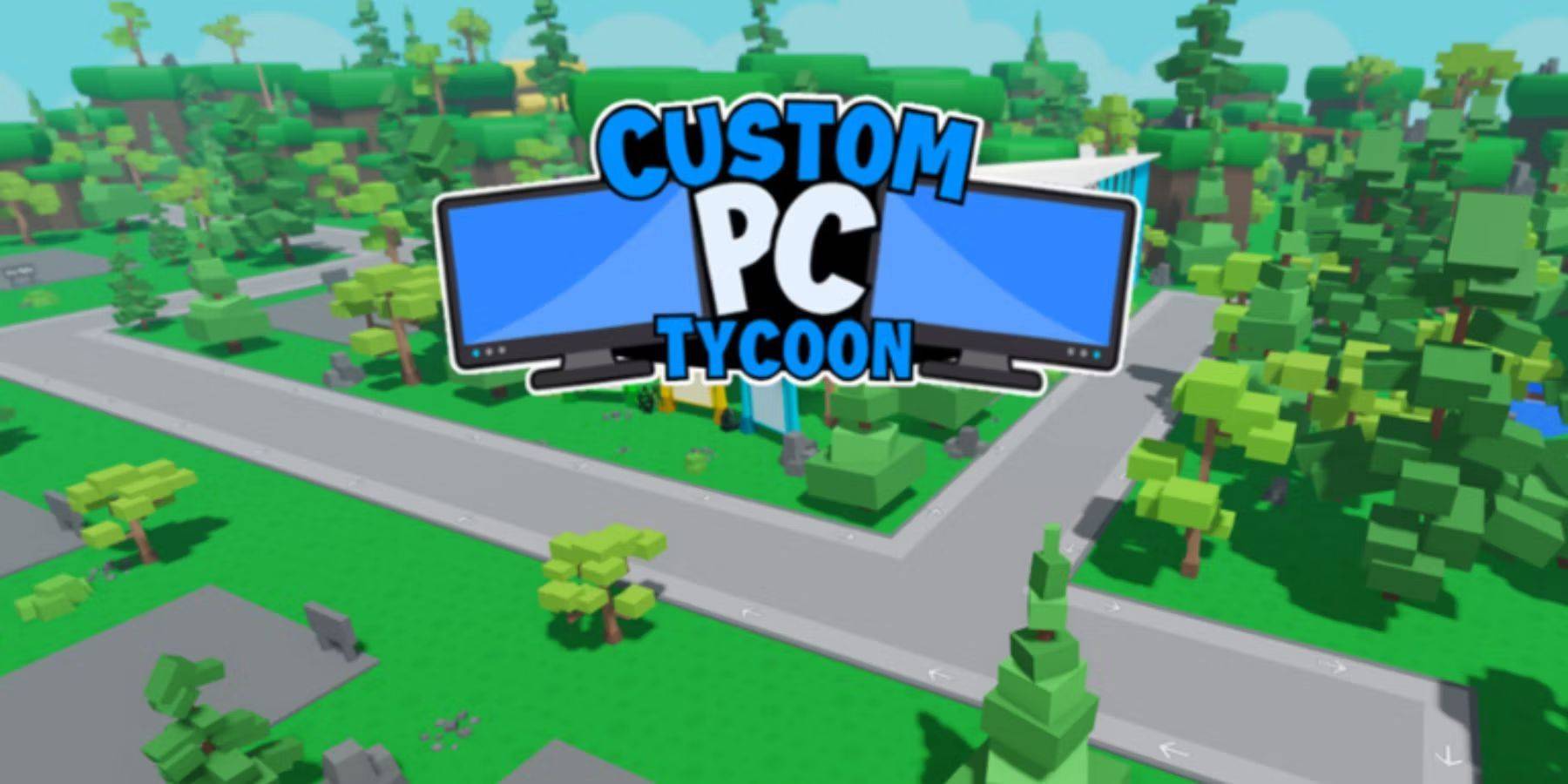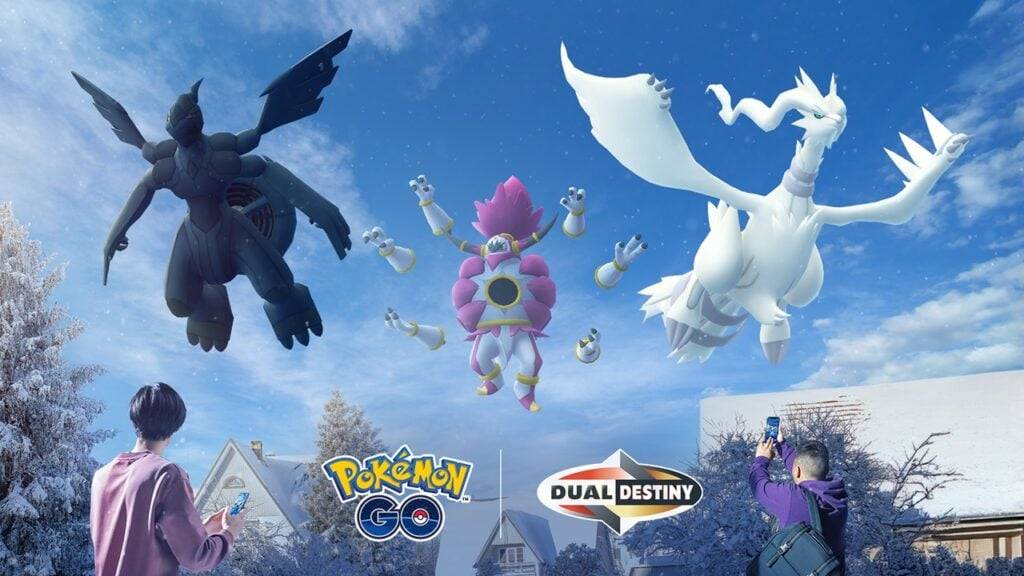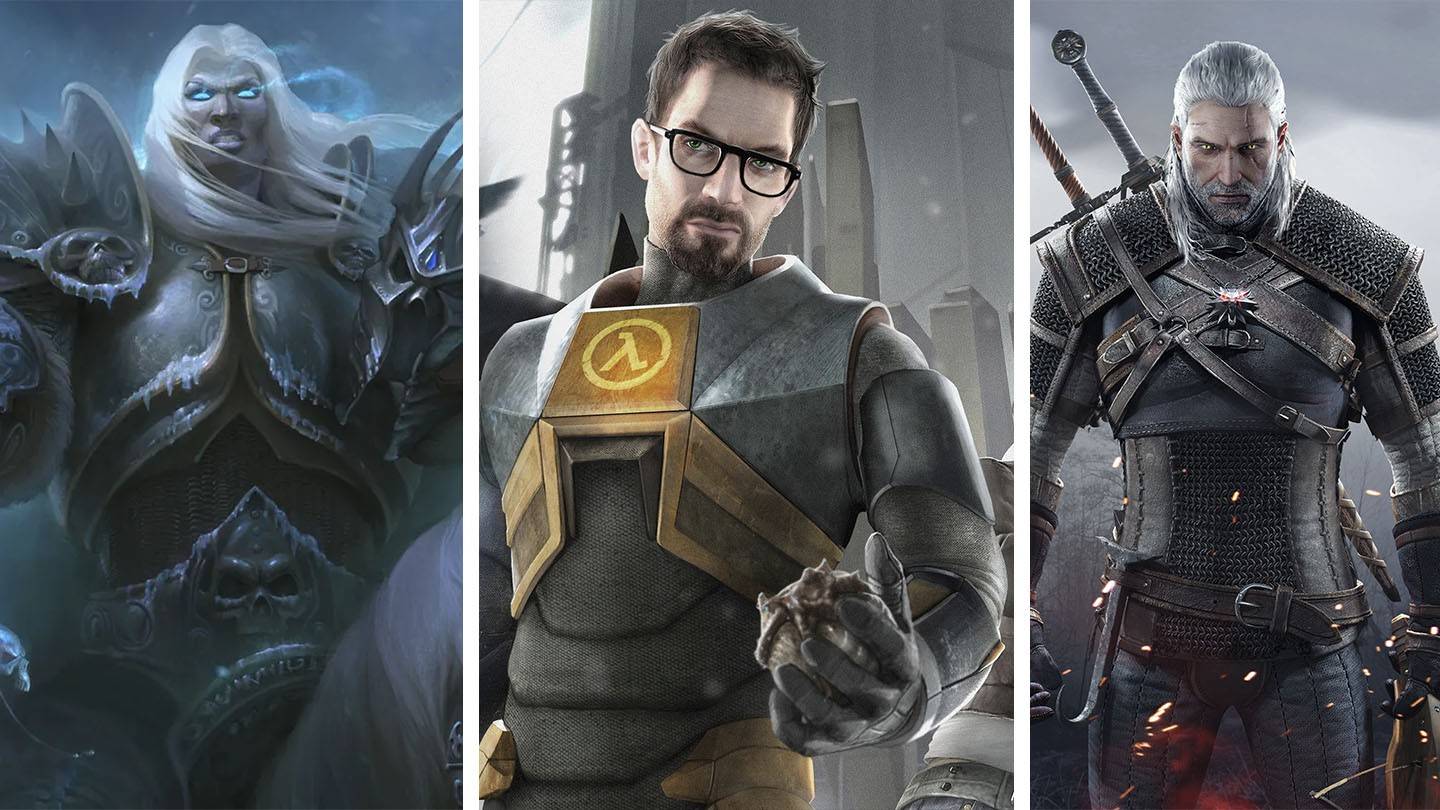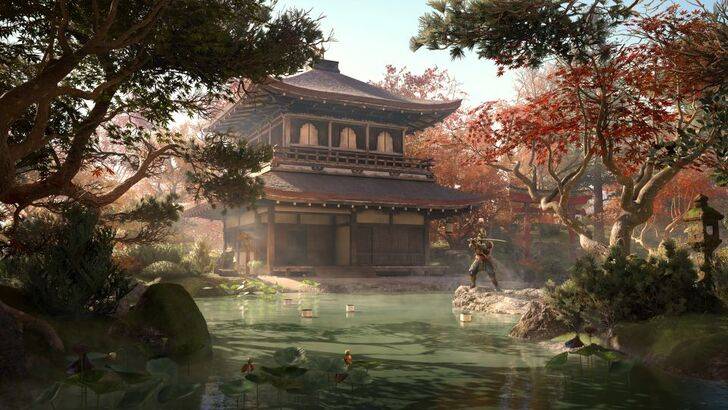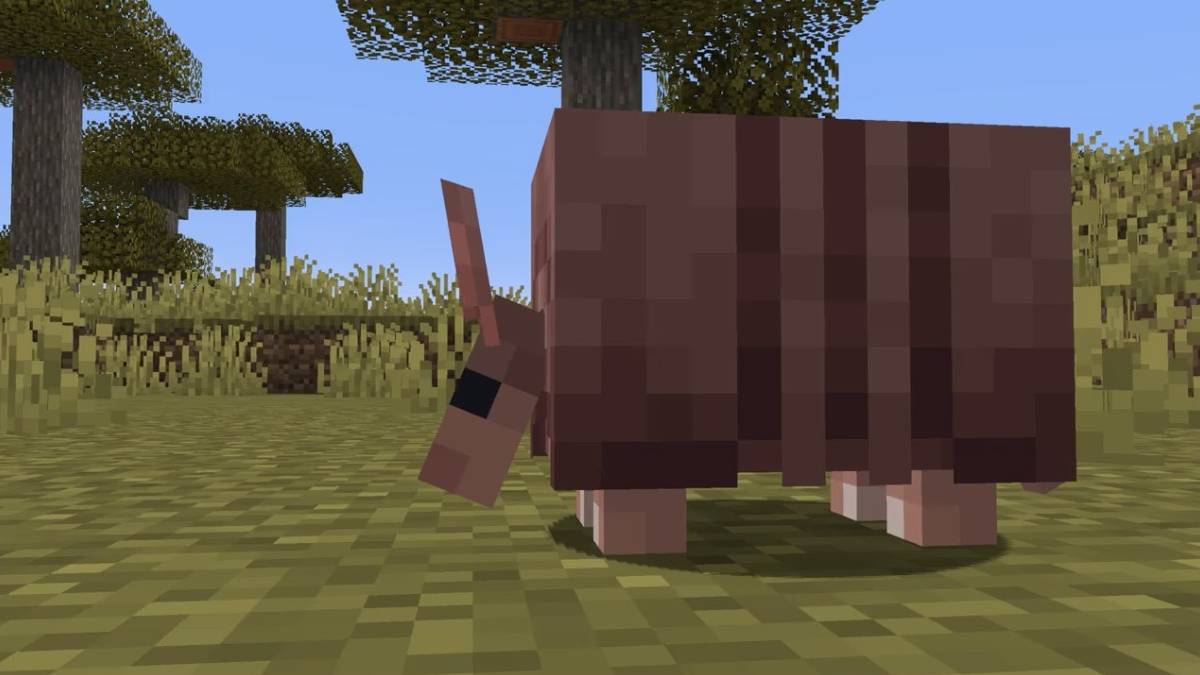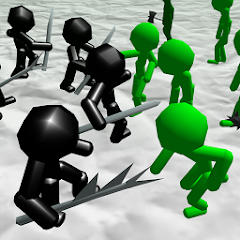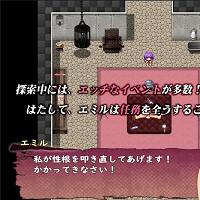Microsoft's recent unveiling of an AI-generated interactive space inspired by Quake II has ignited a heated debate across online gaming communities. The demo, powered by Microsoft's Muse and the World and Human Action Model (WHAM) AI systems, showcases a real-time environment where gameplay visuals and player behavior are dynamically created without the use of a traditional game engine.
According to Microsoft, the demo allows players to experience gameplay sequences reminiscent of Quake II, with each player input triggering new AI-generated moments. This approach aims to provide a glimpse into the future of AI-powered gaming experiences. Microsoft describes the demo as a "bite-sized" yet groundbreaking showcase of how AI can craft immersive visuals and responsive actions on the fly.
However, the reception to the demo has been overwhelmingly negative. After Geoff Keighley shared a video of the demo on social media, the response was largely critical. Many gamers expressed concerns about the future of AI in gaming, fearing that it could lead to a decline in the human element of game development. Critics on platforms like Reddit and X (formerly Twitter) voiced their disappointment, with some describing the demo as "AI-generated slop" and questioning the feasibility of using such technology to create full, enjoyable games.
Despite the backlash, not all feedback was negative. Some users acknowledged the demo's potential as a tool for early concept development and praised the technological advancements it represents. They argued that while the current demo may not be playable or enjoyable, it demonstrates significant progress in AI capabilities and could lead to future innovations.
The debate over Microsoft's AI demo reflects broader concerns within the gaming industry about the role of generative AI. Recent examples, such as Keywords Studios' failed attempt to create a game entirely with AI and Activision's use of AI for Call of Duty: Black Ops 6 assets, highlight the ongoing tension between technological advancement and the preservation of human creativity in game development. Additionally, the controversy surrounding an AI-generated video featuring Horizon's Aloy character underscores the ethical and rights issues at play.
As the industry continues to navigate these challenges, the conversation around AI in gaming remains a critical one, with stakeholders weighing the potential benefits against the risks of losing the human touch that has long defined the art of game creation.

 Latest Downloads
Latest Downloads
 Downlaod
Downlaod




 Top News
Top News